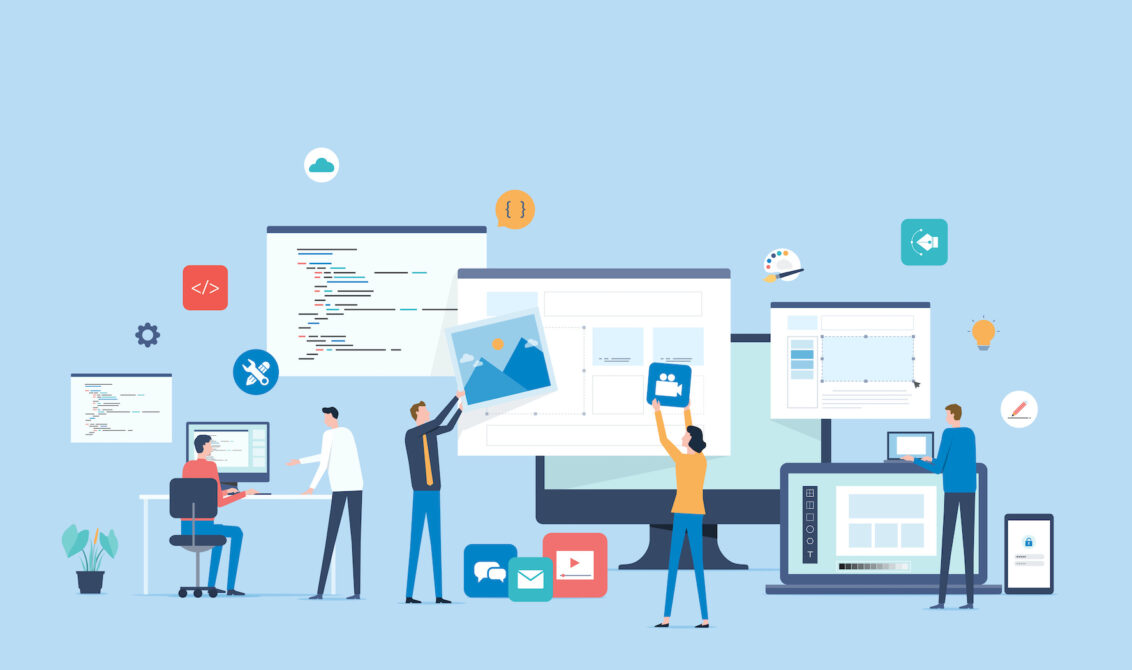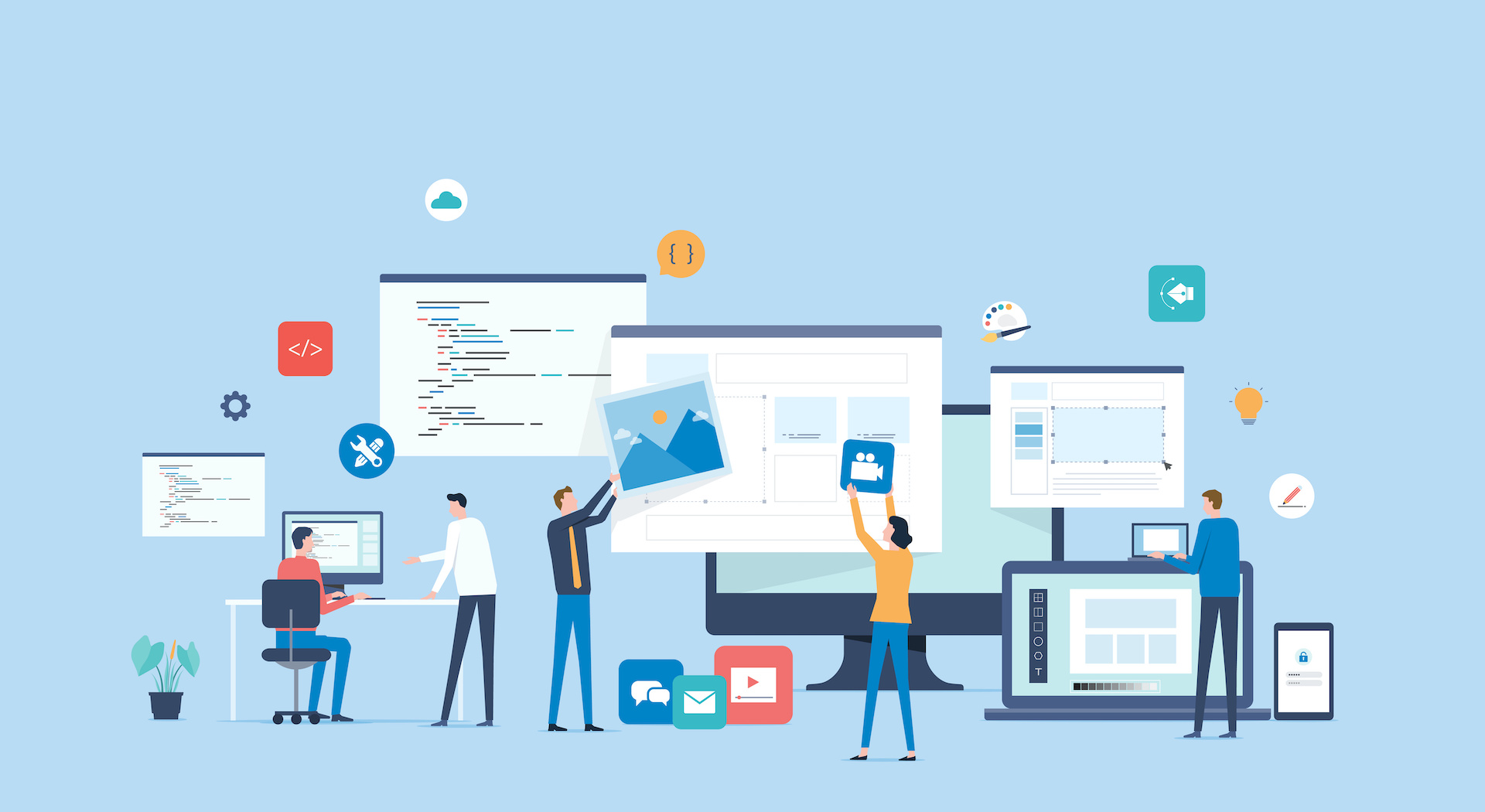Software is incredibly useful for just about every business and in any industry imaginable. Even if a business owner doesn’t run a large or complex business, software can help them manage finances, track inventory, and help with payroll.
It doesn’t matter if you work in tech, run a craft business, sell art prints, operate a ride-sharing service, or work in a trade. No matter the industry, here are all the wonderful ways software can support a business.
Software can improve cost control.
For businesses that deal with inventory sold to the public or parts they use in-house, costs can easily get out of control. For instance, when a company uses manual methods to track inventory, there’s no easy way to see the cost and compare it to other vendors. The company could be paying five times more than they should because they don’t know their true costs, and they might even have inventory that never moves. Software can solve these issues easily.
Software in the fleet maintenance industry goes a step further to alert the in-house repair team when certain parts are under warranty. This allows them to file warranty claims to get as much money back as possible instead of buying new parts that are covered.
In today’s world, software is the best way to get a handle on costs because it’s automatic and when programmed correctly, it’s not prone to error like manual methods.
Software can manage mundane, routine tasks.
Time is money, and every business is more profitable when routine, mundane tasks are handled by software. For example, before project management software, managers had to routinely email task lists and objectives to employees, share them verbally, or write them down on paper. It’s easy to see how messy that can get.
With software, managers only need to update general information once, and individual tasks can be assigned quickly and easily. Employees are automatically emailed when they’re assigned to a project or task, or when other teammates mention them in a collaborative environment.
When business owners and managers spend less time managing minutia, they have more time to perform work that matters.
Software is customizable.
If it’s not protected by the license agreement, most software out there is customizable. Developers know they need to keep at least part of their software code open source because most businesses won’t be completely satisfied with the solution as-is.
When presented with the option of building or buying software out of the box, many businesses choose to buy existing software that can be customized. They look for applications that meet as many of their needs as possible and then hire a developer to customize the features. Sometimes they get a designer to customize the user interface.
Having the ability to customize an application is a big deal. It means businesses can get creative and expand on a developer’s foundation. In fact, customers frequently make customizations that developers integrate into future releases.
For large enterprises that need a fully custom solution, there are many benefits. For instance, it’s often cheaper to build applications from scratch to get all the features needed than it is to customize a boxed solution. Of course, the biggest benefit is getting a reliable application that you can ensure will be updated and can be customized even further in the future.
Software reduces human error.
Everyone makes mistakes, but unfortunately, some of those mistakes are costly to a business. For example, if you don’t do payroll correctly, you could end up with tax problems and unhappy employees who didn’t get paid correctly.
All businesses will benefit from using basic software for accounting, payroll, taxes, employee time clocks, and project management. After that, several more options can enhance efficiency:
- Internal communication software. Applications like Slack or Discord help teams communicate throughout the day without having to clutter up task management spaces.
- Customer relationship management (CRM). For businesses that have a sales team or run an email marketing campaign, a CRM makes it easy to build customer profiles and make notes during sales calls that can be used in follow-up calls.
- Image compression. There’s no need to open an image in a big program like Photoshop just to compress it into a smaller file. Applications like ImgOptim are excellent for drag-and-drop compression that completes in seconds.
Software makes businesses more efficient.
To stay competitive and get ahead, you need to be efficient. Software can save you time, and money, and increase efficiency, whether you choose to build custom applications or use off-the-shelf solutions.
© YFS Magazine. All Rights Reserved. Copying prohibited. All material is protected by U.S. and international copyright laws. Unauthorized reproduction or distribution of this material is prohibited. Sharing of this material under Attribution-NonCommercial-NoDerivatives 4.0 International terms, listed here, is permitted.














